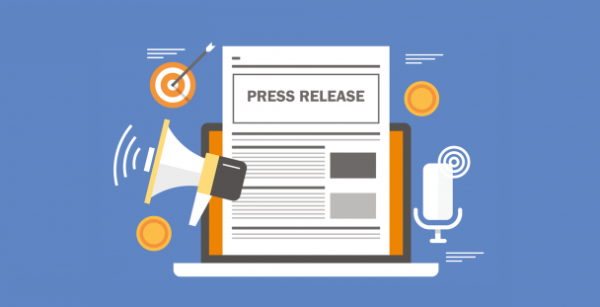Taxpayers with reasonable excuse can dispute their late filing penalty
People have the right to challenge penalties given by HMRC for missing today’s Self Assessment tax return deadline, says the Low Incomes Tax Reform Group (LITRG).

People have the right to challenge penalties given by HMRC for missing today’s Self Assessment tax return deadline, says the Low Incomes Tax Reform Group (LITRG).
If circumstances have prevented someone from complying with their tax return obligations, LITRG reminds them that they may be able to avoid a penalty by claiming they have a ‘reasonable excuse’.1
People can contact HMRC for more information this weekend, with opening hours for telephone enquiries 8am to 4pm on Saturday, and on Webchat from 8am until 10pm Saturday and Sunday.
Victoria Todd, Head of LITRG Team, said:
“HMRC will issue you with an automatic late filing penalty2 if you did not meet the tax return deadline.
“You can challenge the penalty if you have a reasonable excuse for having missed the deadline, are able to provide details and, where possible, evidence in support of those details to HMRC. A combination of reasons, rather than any one thing, may constitute a reasonable excuse to HMRC.
“You should appeal a penalty if you wish to claim a reasonable excuse. If HMRC agree with the appeal the penalty will be removed. If they do not, it is possible to challenge HMRC’s decision as HMRC do not have the final word on whether or not an excuse is reasonable; that question is ultimately for the courts to decide. If someone is unable to agree with HMRC, they can ask HMRC to review the decision and/or appeal to the First-tier Tribunal.
“If you claim a reasonable excuse, you must comply with the obligation in question without further delay, for example by submitting a late tax return as soon as possible. The law on reasonable excuse requires people to remedy a default within a reasonable time after the excuse has ended.”
An example of a reasonable excuse is if someone’s child was taken seriously ill just before they were due to submit a tax return. But you would then have to submit the form as soon as possible after the situation was resolved.
LITRG is also reminding people that there is a tool on Gov.UK which enables people to estimate their penalty for late submissions under Self Assessment.3
Notes
1. Examples of reasonable excuses could include:
- Problems with online filing. You may have been unable to access the HMRC online system due to lost passwords, etc. If you tried to file, though, and the system failed, you should be able to claim reasonable excuse;
- Unforeseen pressure of work. Normally this is not acceptable, but if you had a sudden unexpected and significant increase in work, this may be a reasonable excuse;
- You have an agent and they failed to lodge the return on time due to unforeseen circumstances. Normally this would not be a reasonable excuse, but if the agent’s partner, say, had died then HMRC might accept that. Of course, if an agent had all the information in good time and failed to provide a good service, then it may be possible to claim any penalty back from them;
- Physical or mental disabilities. Whether permanent or temporary, this could be viewed as a reasonable excuse if it affects your capacity to deal with your tax affairs;
- You did not understand the system and needed help from, for example, Tax Aid, Tax Help for Older People or from HMRC. In this case, the tax tribunal on hearing an appeal will usually expect you to have taken reasonable steps to get help with your tax affairs. They might also look at how difficult your tax affairs are and why, in your particular circumstances, you have found them too difficult to deal with.
2. There are standard penalties for sending in tax returns late. These apply even if you do not have a tax liability. These are as follows:
- £100 – applied immediately the form is late;
- £10 per day – charged once the return is three months late for a maximum of 90 days;
- the higher of £300 or 5% of the tax due – applied if the form is six months late; and
- a further £300 or 5% of the tax due (whichever is higher) – applied if the form is 12 months late.
3. Estimate your penalty for late Self Assessment tax returns and payments
Sharron West
